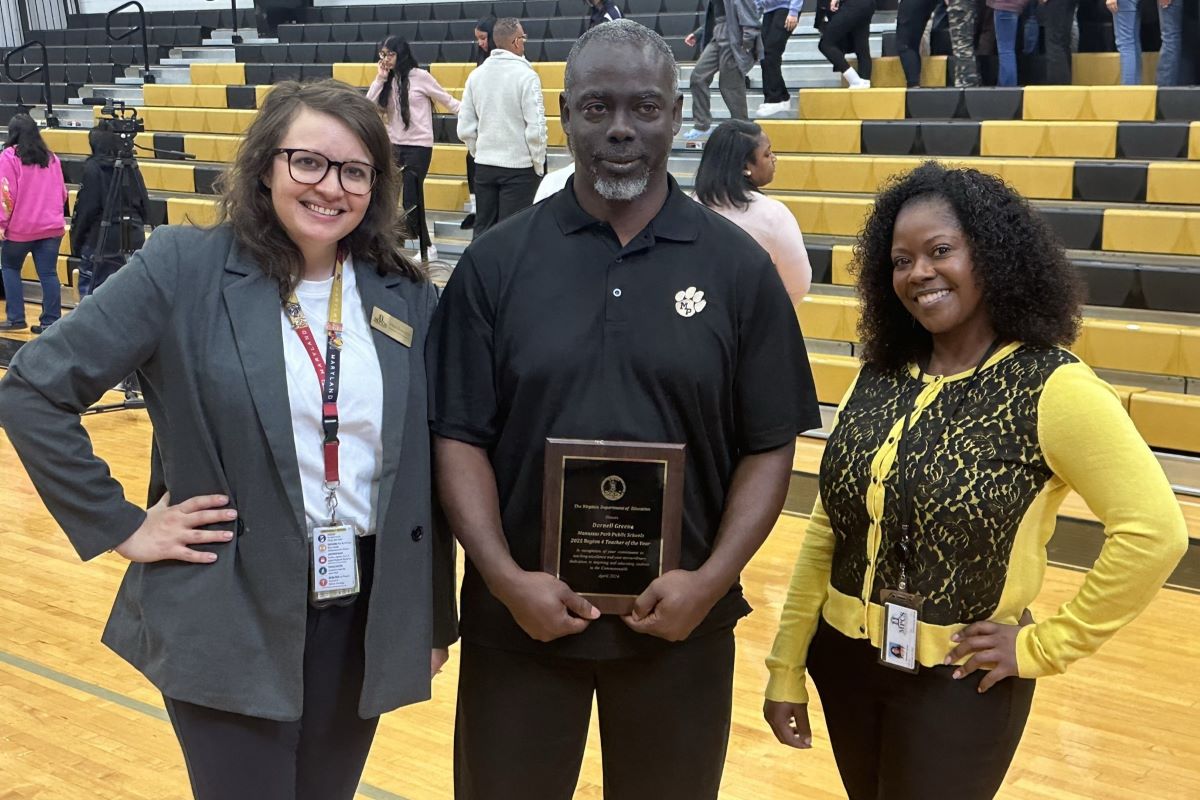
Remedial or enhancement tutoring (Support Tutoring)
These are the two most common types of tutoring. Remedial tutoring has come to be about mostly English, writing and math skills and is designed for kids that have fallen behind in these subjects. Enhancement is for students who are doing well in a subject matter but want to focus more heavily on a certain subject with a long-term goal of following their education with a professional job in that subject.
“Parents have high expectations and want their kids to be successful,” Michelle Scott, owner/director of Tutoring Club of McLean, says. “And a lot of times it’s a confidence issue. It’s the rigors of this area (Northern Virginia) and trying to keep up [with] what is expected in a school system that is already kind of faster-paced and higher than national levels. And some parents want their kids to have higher scores for strong students. We work with those strong students, pushing them ahead, continue that love of learning and just challenge them a little bit more to give them those opportunities.”
Tutoring a specific subject or area of interest not covered in-depth in the school (Enrichment Tutoring)
Most tutoring is done to help students in core subjects. But there are others that concentrate on a certain topic or area of study that is not really done in their school. One example is Stemtree Education Center in Vienna for children in grades kindergarten through 12th grade. It’s the brainchild of Dr. Abdelghani Bellaachia, known as “Dr. Bell” by his students.
As the name implies, Stemtree teaches science, technology, engineering and math (STEM), with programs that include coding, robotics and electrical engineering.
How can kids as young as 7 or 8 learn coding? “Kids are the most logical human beings,” he says. “You tell your kids if you do your homework, you can watch TV. If you do this, then you get that. This is a logic statement. If you present that to kids, you have no problem.”

Tutoring for testing preparation (Test Prep Tutoring)
Many tutoring services include college test prep as part of their offerings, such as Northern Virginia Tutoring Service.
“We did not start out in this business with that in mind,” Dr. Ralph Perrino, who, along with his wife Denise, founded Northern Virginia Tutoring Service, LLC, says. But as time went on, he explains, American College Test (ACT) and Scholastic Aptitude Test (SAT) and Graduate Record Examination (GRE) and “all of those acronyms” became a bigger portion of his business. “The issue is not whether they understand writing or chemistry. The issue really boils down to study skills. Do they have good time management skills? Do they know how to study? And then we go from there.”
Chris Rice, center director of C2 Education of Fairfax, says that they work with a lot of English learner students from China and Korea and other countries. “They are starting out at a bit of a disadvantage on the English portion of the SAT because they are just learning English,” he says. The SAT used to have a lot of straight vocabulary testing, he says, that even some of the native English language speakers couldn’t understand. That portion of the SAT test was revised in 2016 to put words in context. “So when we get an English language learner prepping for the test, we can teach them how to figure out unfamiliar words by providing context, rather than just rote memorization of vocabulary.”
Tutoring special needs kids – autism, attention deficit disorder (ADD), attention deficit hyperactivity disorder (ADHD) and behavioral issues (Maintenance Tutoring)
The specialty of Linder Educational Coaching in Arlington is working with students with ADD, ADHD, behavioral issues and problems with executive functioning. Kristin Carpenter, who founded Linder in 2008 to work with people with learning disabilities and developmental disorders, says she works most often with teenage boys with behavioral problems, who maybe have been in the court system or have drug problems.
She recalled working with a client with a rare mitochondrial disorder, which can cause developmental delays, learning disabilities, seizures and other symptoms. The high school he was in didn’t want him there and told him to give up the idea of school. “But he was really motivated and wanted to be educated,” Carpenter says. “So we took an extra year and did a lot of work with him at home. And he got his diploma, he took six years to graduate from high school and went on to grad school in Europe,” she says. “I think my goal for kids is whatever their goals are. I would rather that they have B’s and be a happy person than to have straight A’s and have anxiety disorders. I think, especially with high schoolers, we understand the goals of the students on their own and the kind of person that they want to be,” Carpenter says.
Brain Training
This is a system where the cognitive skills of the student are developed and is especially useful in ADHD, ADD and autism work.
This type of work on developing educational levels for kids and adults involves a series of exercises that work on specific cognitive weaknesses, which became the foundation of LearningRx Tysons Brain Training Center, one-on-one brain training centers. There are five LearningRx centers in the Northern Virginia area.
“Learning Rx is not really tutoring,” Maureen Loftus, owner of the LearningRx, explained. “We actually train things like processing speed, memory, visualization, logic and reasoning. Those are the underlying skills that you need to learn. We believe that if, for example, you struggle with a particular subject like math, that there is an underlying cognitive reason why you struggle. So to make math easier for you, we have to build up and get those pathways and connections on the right side of the brain.”
(May 2018)



